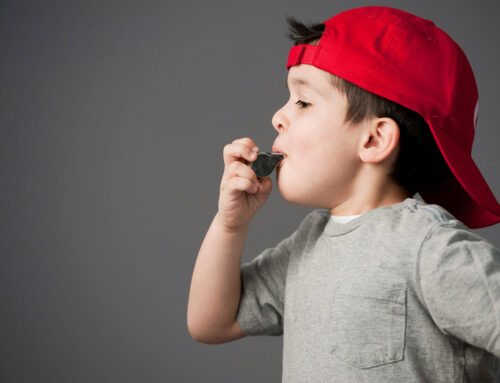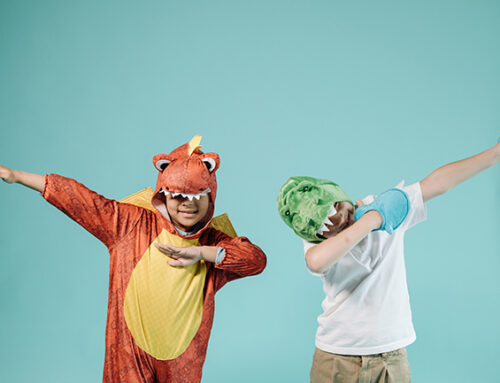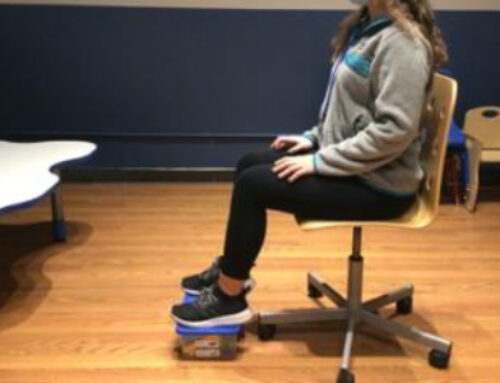These words are often spoken in regard to helping the environment, but did you know they can also relate to fun ways to improve your child’s gross motor skills? This post will highlight some creative ways you can use things around the house (that you likely were going to recycle anyway) to work on gross motor development.
1. Boxes
- Crawling: Take large boxes, open on both ends, to create a fun tunnel to crawl through to help your child work on their strength and coordination. This is an excellent activity for young children still developing this skill and even for older children to refine this foundational movement.
- Throwing: You can use a box to create a fun throwing game or you can use several small buckets stacked together, as in Bozo buckets. You can also take a large box and cut several holes in it to play a bean bag game. Socks filled with beans can be substituted for bean bags, if you don’t have those at home. You can make each hole in the box worth different points for an added challenge!
- Balance: Line up several small boxes as part of an obstacle course. Have you child step in and out of the boxes as they move through the course. This allows them to work on their single leg balance, visual motor skills, and body awareness. You can even fill the boxes with sensory items, such as packing peanuts or rice, for an additional therapeutic effect.
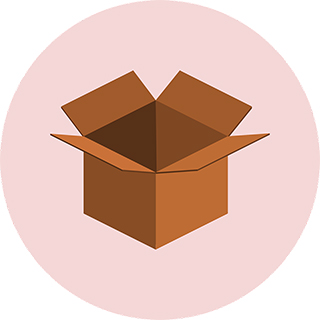
2. Bubble Wrap (larger bubble wrap works best for these)
- Single Leg Stance: Practice single leg balance with your child as they pick up one leg at a time to stomp on bubble wrap. Add a several second countdown for an increased challenge.
- Jumping: Practice jumping forward and up and down to pop bubble wrap. Encourage your child to jump with both feet moving together.
3. Water bottles/Soda pop bottles
- Bowling Game: Line up several empty bottles and practice throwing or rolling a small ball underhand to knock them down.
- Bottle Knock Down: Line the bottles up on a table or elevated surface. Practice throwing a small object to knock them down. This game will target overhand throwing.
4. Aluminum Cans
- Can Knock Down: Build a pyramid of cans. You can place them on the ground to work on underhand throwing and on an elevated surface to improve overhand throwing.
- Stilts: Take 2 aluminum cans and drill a small hole on either side of each can. Attach a rope or ribbon through that is long enough for your child to hold in their hand. Have your child stand on top of the upside down cans using the rope to help move their feet as they walk. This is a very challenging activity for balance, motor planning, and coordination. Be sure to practice in a safe environment and use safety equipment, such as a helmet and knee pads, for extra protection.
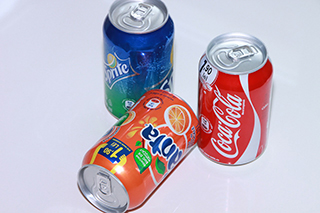
5. Milk Jug
- Thrower/Catcher: Take a plastic milk jug, cut away the bottom of the container just below the handle on one side. This will leave a fun toy you can use to scoop up a ball to throw back and forth. This is a great activity for visual motor coordination, arm coordination, and playing with a partner.
6. Paper Plate
- Ice Skating: Have your child place 2 paper plates under their feet and skate along the floor. This works best on a slick, smooth surface.
- Frisbee: Staple two paper plates together to create a Frisbee. Your child can help color and decorate the Frisbee as a fun fine motor activity.
For more games that help improve your child’s gross motor skills, talk to one of Blue Bird Day’s physical therapists!
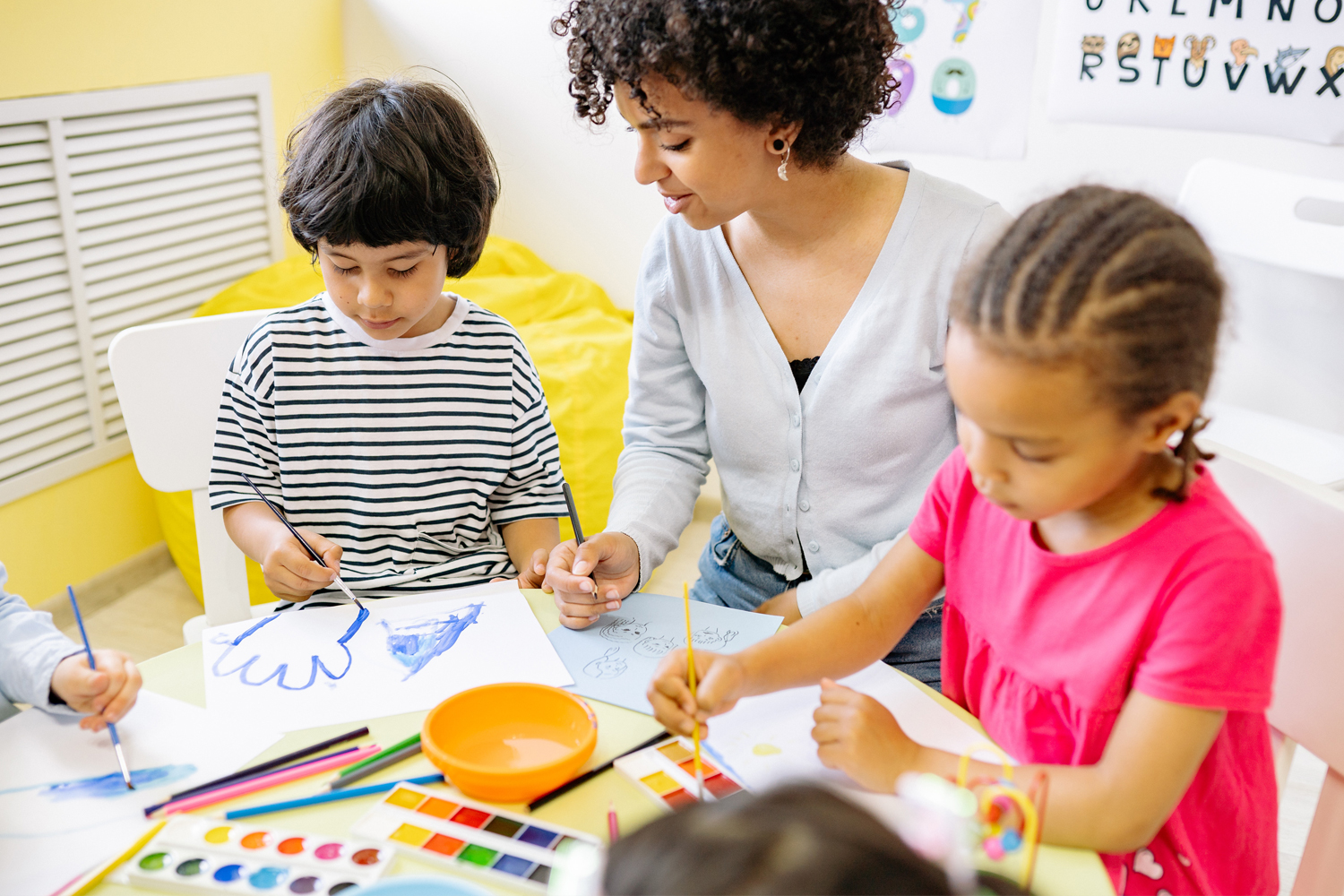
Blue Bird Day fosters socialization, sensory regulation, and pre-academic learning in children ages 2-7 years in therapeutic rotations that simulate preschool and kindergarten settings. Our compassionate therapists practice a relationship-based and family-centered approach, provide parent training, and collaborate on goals and individualized intensive treatment plans for your child.
We believe in a collaborative and multi-disciplinary team approach to therapy. A team of occupational therapists, speech-language pathologists, dietitians, developmental therapists, behavioral therapists, physical therapists, and therapeutic assistants are created for each child to ensure child and family are fully supported and the best possible results are achieved.
Options for individualized, group and virtual therapy sessions are available as well.
Want to learn more or you have a specific question? Feel free to connect with us here!

